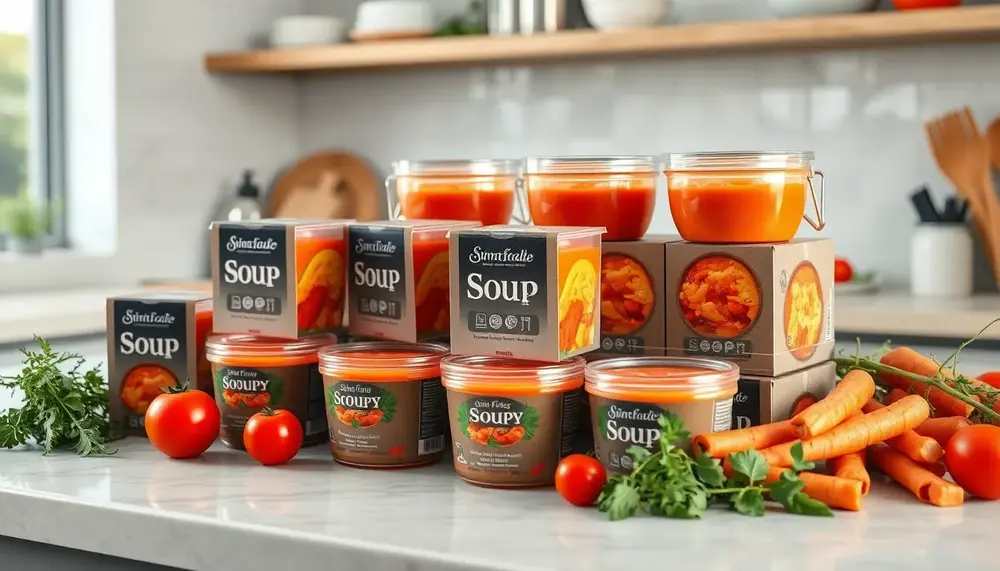Flexible bag
Flexible bag
Flexible Bag
A flexible bag is a type of packaging made from flexible materials. These materials can bend and adapt to the shape of the contents inside. Flexible bags are commonly used in various industries due to their versatility and convenience.
Materials Used
Flexible bags are often made from materials like plastic, foil, or paper. These materials are chosen for their durability and ability to protect the contents. For example, plastic flexible bags are often used for food packaging because they keep food fresh and are resistant to moisture.
Types of Flexible Bags
There are many types of flexible bags, including stand-up pouches, flat pouches, and gusseted bags. Each type serves a different purpose. Stand-up pouches, for instance, can stand on their own and are great for products like snacks and liquids.
Benefits of Flexible Bags
Flexible bags offer several benefits. They are lightweight, which reduces shipping costs. They also take up less space than rigid packaging, making them easier to store. Additionally, flexible bags can be designed with resealable features, which adds convenience for consumers.
Environmental Impact
While flexible bags are convenient, they can have an environmental impact. Many flexible bags are not easily recyclable. However, there are efforts to create more eco-friendly options, such as biodegradable flexible bags. Choosing the right type of flexible bag can help reduce environmental harm.
Conclusion
In summary, a flexible bag is a versatile and convenient packaging option. It is made from materials like plastic, foil, or paper and comes in various types. Despite some environmental concerns, flexible bags offer many benefits, including reduced shipping costs and storage space.

